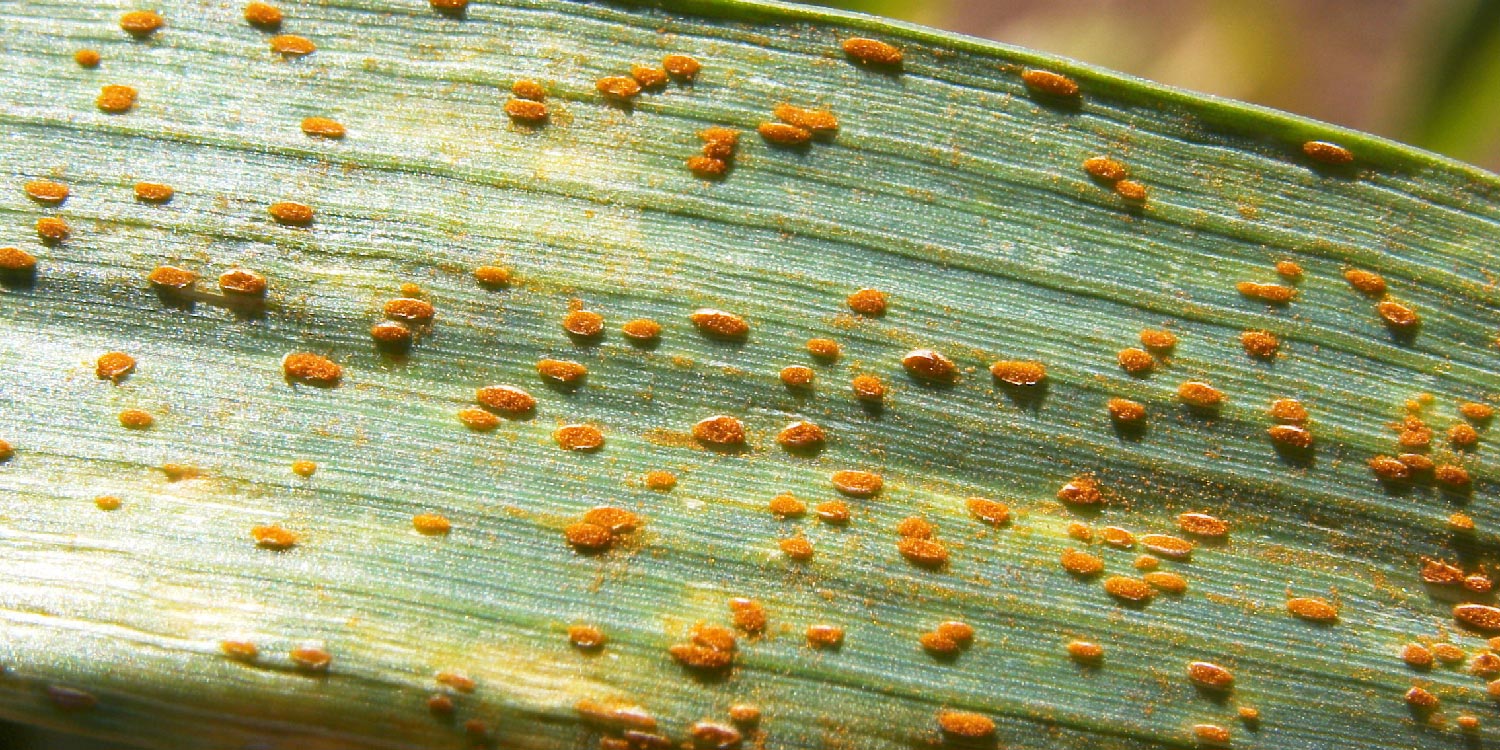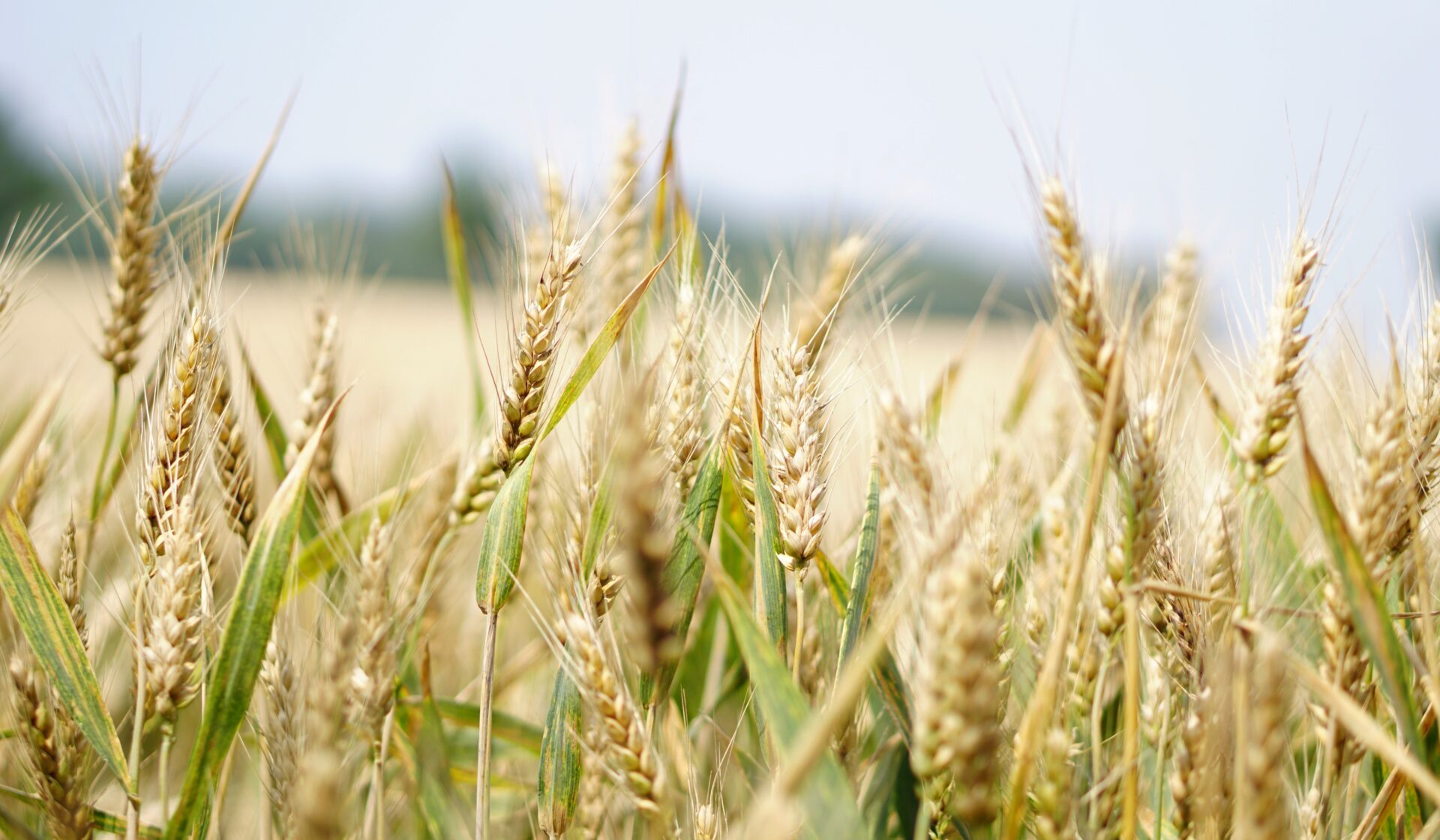Scientists have warned that fast-rising fungal attacks on the world’s most important crops threaten the planet’s future food supply and that failure to tackle this could lead to a ‘global health catastrophe.’
An ‘unprecedented’ spread of a fungus infecting wheat across the globe has prompted scientists to call for greater international collaboration in minimising this destruction.
Without rapid intervention, they warn that these fast-rising attacks on the world’s most important crops could lead to a ‘global health catastrophe.’
This is because climate change and the coinciding temperature increases are sending fungal infections polewards, to regions they haven’t been able to thrive in previously (including the UK).
These factors are also driving the emergence of new pathogen variants, and surging natural disasters like extreme storms are spreading their spores further afield.
As explained by experts, fungi are highly resilient, remain viable in soil for up to 40 years, travel long distances – even between continents – on the wind, and can feast on large fields of a single crop.

In the absence of hostile environments to prevent them from adapting and developing resistance to common fungicides, the impact of fungal disease is expected to worsen.
‘We are warning that we could see a global health catastrophe caused by the rapid global spread of fungal infections,’ said the report’s co-author Professor Sarah Gurr.
‘The imminent threat here is global starvation.’
The scientists additionally cited a risk that global heating could amplify the heat tolerance of fungi, raising the possibility of them hopping hosts to infect warm-blooded animals and humans.
‘As our global population is projected to soar, humanity is facing unprecedented challenges to food production,’ said co-author Professor Eva Stukenbrock.

‘We’re already seeing massive crop losses to fungal infection, which could sustain millions of people each year. This worrying trend may only worsen with a warming world.’
According to the report, which was issued in an article in the scientific journal Nature, growers have already lost between 10 and 23 per cent of their crops – rice, wheat, maize, soya beans, and potatoes being the most integral to our survival – to fungal disease.
Such annual losses could feed hundreds of millions of people and make fungi one of the top six pests and pathogens with the most concerning repercussions for our future.
‘If we don’t have enough to eat, malnutrition will kill us before we get anything like Covid-19,’ says Gurr, referring to the seriously underfunded field of fungal pathogen research in comparison with the £550m allocated to Covid-19 research by the UK Research and Innovation council from 2020 to 2022.
‘But our [research area] is absolutely penniless compared with every medical disease you could imagine.’

















